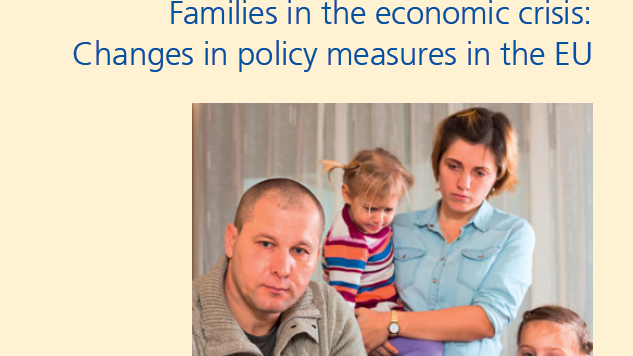Preventing trafficking of labour in Europe
New data on the highly topical issue of preventing trafficking of labour will be presented to MEPs at a working lunch in Brussels on 27 April, with the launch of a new report from Eurofound.
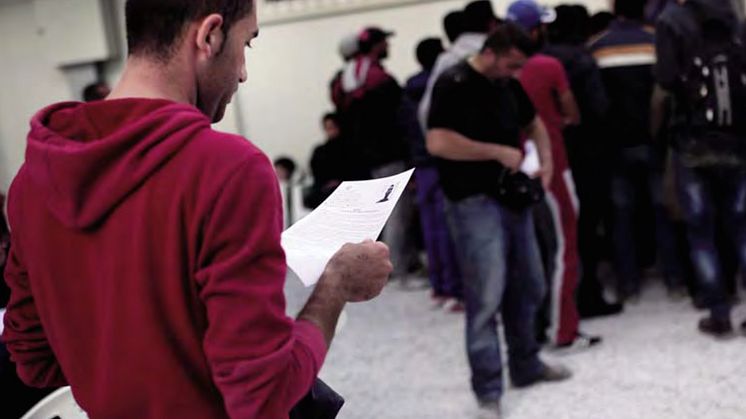
New data on the highly topical issue of preventing trafficking of labour will be presented to MEPs at a working lunch in Brussels on 27 April, with the launch of a new report from Eurofound.

This is a re-post of a blog piece published on Social Europe (SE) on 14 April.
by Sara Riso
A key priority for EU policy makers is to combat high levels of youth unemployment. Supporting young people to start a new business is increasingly regarded as a way to achieve this goal. And yet the understanding of what drives the success and failure of youth entrepreneurship policies remains incomp

(Dublin, Ireland): Many start-up support schemes for young people have limited resources, are isolated from broader youth employment policies, and are not assessed from a long-term perspective. Understanding what elements of start-up support work and how interventions can be improved is essential if youth entrepreneurship policies are to be effective for young people. This is according to Eurofou
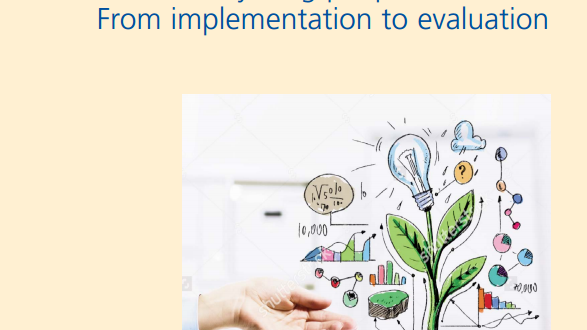
The following article, originally written by Brian Sheehan from IRN Publishing for Eurofound's European Observatory of Working Life (EurWork), gives an overview of the reasons behind the decision to raise Ireland's National Minimum Wage (NMW) to above the 2007 level for the first time. The new rate was implemented on 1 January 2016, and followed on from a recommendation in the Low Pay Commission’s

Eurofound salutes International Women’s Day on 8 March, the theme of which is Pledge for Parity, highlighting persistent inequalities between the sexes in areas including politics, employment, education and health.
In Europe, equality between women and men at work is rising on some fronts, according to 2015 findings from Eurofound’s European Working Conditions Survey (EWCS), but the gender gap

In this blog piece Eurofound Research Officer Jorge Cabrita looks at the key role of collective bargaining in establishing EU working time standards. This blog is a re-post from Social Europe, to view the original click here.
Nowadays we all know that long or excessive working hours may have serious negative impacts on a person’s health and wellbeing. Eurofound‘s new report “Working time devel
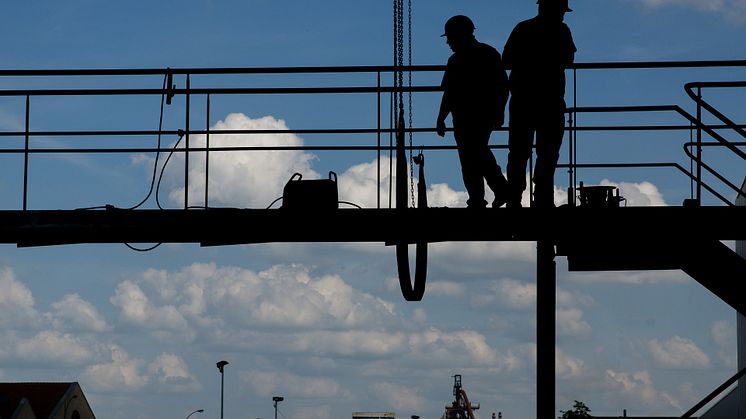
(Dublin, Ireland): Working time has remained relatively stable in the 21st century but socio-demographic challenges and the ubiquitous nature of new technologies may see significant changes in working time in the near future, according to a new report from Eurofound, the EU Agency based in Dublin. Working time developments in the 21st century reveals, for the first time, the development of worki

More than 1 in 10 employees in the EU are employed on temporary contracts, but a majority of them would prefer a permanent contract. Temporary contracts help employers to manage their labour demand, but there are downsides for employees, such as job insecurity and lower pay.
Temporary employment has been rising across many European countries for at least three decades. This is largely the resul
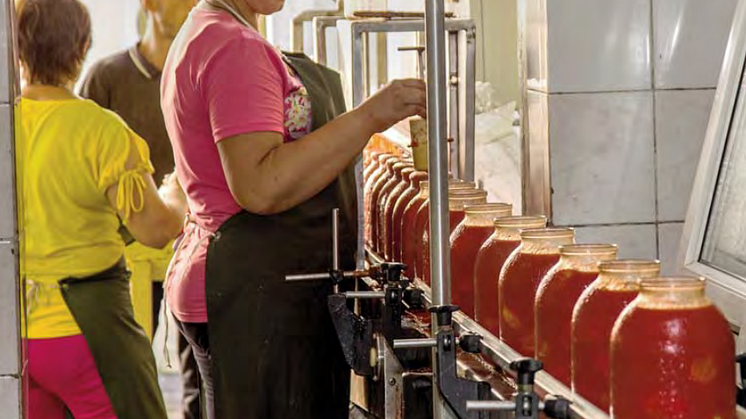
(Dublin, Ireland): Small and medium-sized enterprises that are largely young, innovative, internationally-active and run by skilled managers are driving significant job growth across the European Union. But research from Eurofound highlights that while SMEs were responsible for a massive 71% of employment growth in the non-financial business economy in 2014, there is urgent need for further tailor
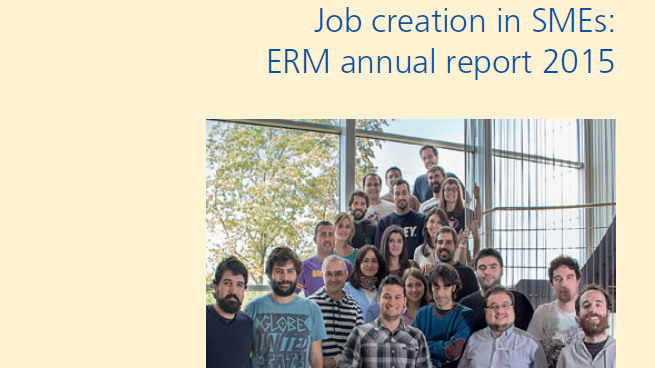
Eurofound has published a new article on the statutory minimum wage levels in Europe. This article provides an overview of the minimum wage rates as of 1 January 2016, explains how they were set, and presents relevant discussions on minimum wages at national level.
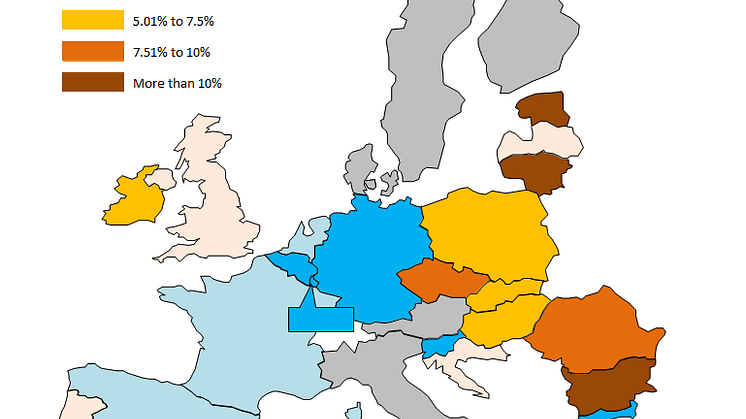
In this blog piece Daphne Ahrendt, Research Manager at Eurofound, analyses the new Families in the Economic Crisis report. She explains how the shift towards means tested support in Europe could be cutting off vital resources for struggling families.
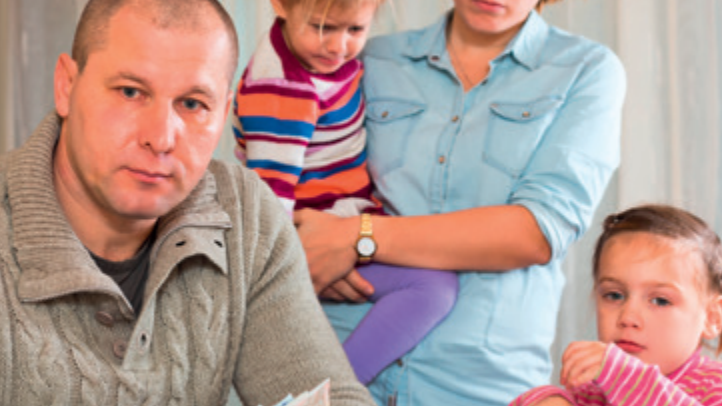
Despite a return to economic growth, lone-parent families and large families with three or more dependent children face significant difficulties throughout Europe. In some countries more than eight out of ten lone-parent families are at risk of poverty or social exclusion.
